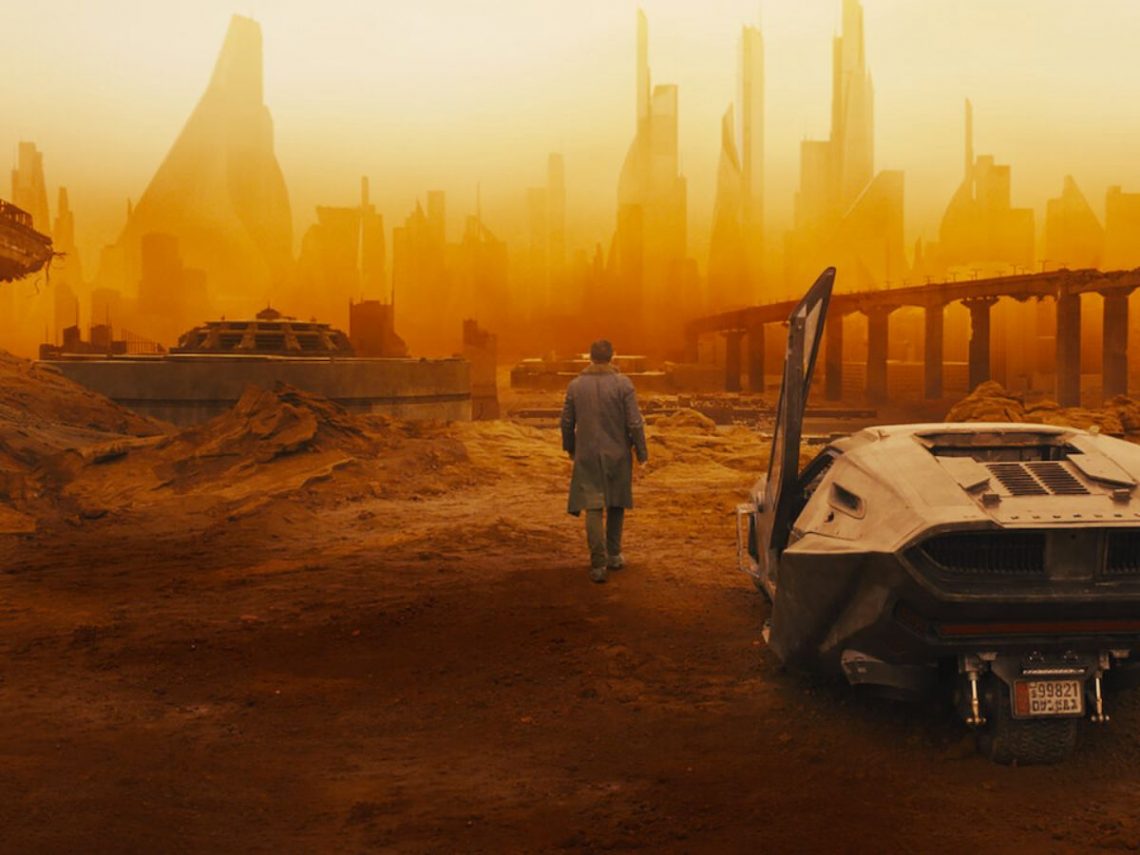
‘Blade Runner 2049’ explained: Is K Rick Deckard’s son?
The 2017 sequel Blade Runner 2049 isn’t just another episode in a sprawling sci-fi saga. It’s the updated equivalent of the 1982 original tonally and visually, while working on its own terms, with its own compelling characters and plot. As a proper piece of filmmaking rather than a franchise-launcher, however, it failed to become the box office behemoth studio execs expected.
But fans couldn’t care less that it’s considered a flop, grossing a meagre $275 million while Warner and Sony were salivating at the prospect of ten digits. Denis Villeneuve has created a masterpiece, an accomplished continuity piece with an original, affecting personal story, beautifully rendered across sweeping tapestries of the retro-future world we know from the landmark 1980s classic. It’s a faithful update born out of the same indomitable ambition as Ridley Scott’s first film.
In place of Harrison Ford’s replicant-hunting LAPD blade runner Rick Deckard, we have Ryan Gosling’s K as the movie’s central hero – himself a bioengineered human replicant who’s inherited Deckard’s job. For most of the film’s two and a half hours, we assume it’s K’s story, as he seeks to uncover the truth about a replicant known to have borne a human child before her premature death. The discovery of this child has profound implications for the social division between humans and replicants, who are bound to servitude on the basis of their biological distinction from humanity.
K has reason to believe that he is, in fact, that child, as hospital records and information from the orphanage where the child was left match up with his childhood memories. He visits Ana Stelline, a memory designer for replicants, who examines his memories to check whether they are human or artificial. “Someone lived this, yes,” she confirms. “This happened.”
And what about Deckard?
It becomes apparent to K from a recording of Rachael’s memory that she and Rick Deckard had some form of relationship. As K observes, the recording shows “she likes him”, and is in turn “desired” by Deckard. Those who’ve seen the first Blade Runner will already be well aware of the pair’s romance. And so, K tracks Deckard down in Las Vegas, in an attempt to prove they are father and son. “What was her name, the mother of your child?” he asks the former blade runner provocatively. Deckard finally relents, admitting he was the father. “Her name was Rachael,” he reveals.
Yet K still isn’t aware of the whole picture. It’s only when he meets Freysa Sadeghpour, the leader of the underground movement for replicant freedom, that things become clear. “Rachael had a daughter,” she tells him. K couldn’t have been the child he’s been searching for.
Upon hearing this news, he remembers what Stelline told him earlier in the movie: “There’s a bit of every artist in their work.” The bit she was referring to were her own childhood memories from the orphanage, which she implanted in K and other replicants. The puzzle K is trying to solve about this mysterious child falls into place. Stelline herself is the daughter of Rachael and Deckard, as K shares with Deckard at the end of the film.
Deckard wasn’t aware of the child’s identity until this moment, as she had purposely been placed in an orphanage alongside replicants with duplicate memories and records for her own protection from blade runners. As he tells K, “Everyone had a part. Mine was to leave.” His knowledge of his estranged daughter’s identity would have endangered her, so he had no choice but to abandon her before she was born.
Still, an emotional connection remains between K and his would-be father. He might not be the fruit of Deckard’s loins in natural terms, but the two are still tied together by the memories he believed were his own. In the poignant final moments of Blade Runner 2049, Deckard asks K, “Who am I to you?” K doesn’t answer, but we understand from his knowing smile that he feels Deckard to be his surrogate father. Turning away, he simply responds, “Go meet your daughter.”
This ending leaves us pondering profound questions about the nature of parenthood and the formative memories of children. Just as the first Blade Runner left us meditating on the nature of love between two sentient, conscious beings. There’s far more to these films than dystopian science fiction. They both strike at the very heart of what it means to be human.